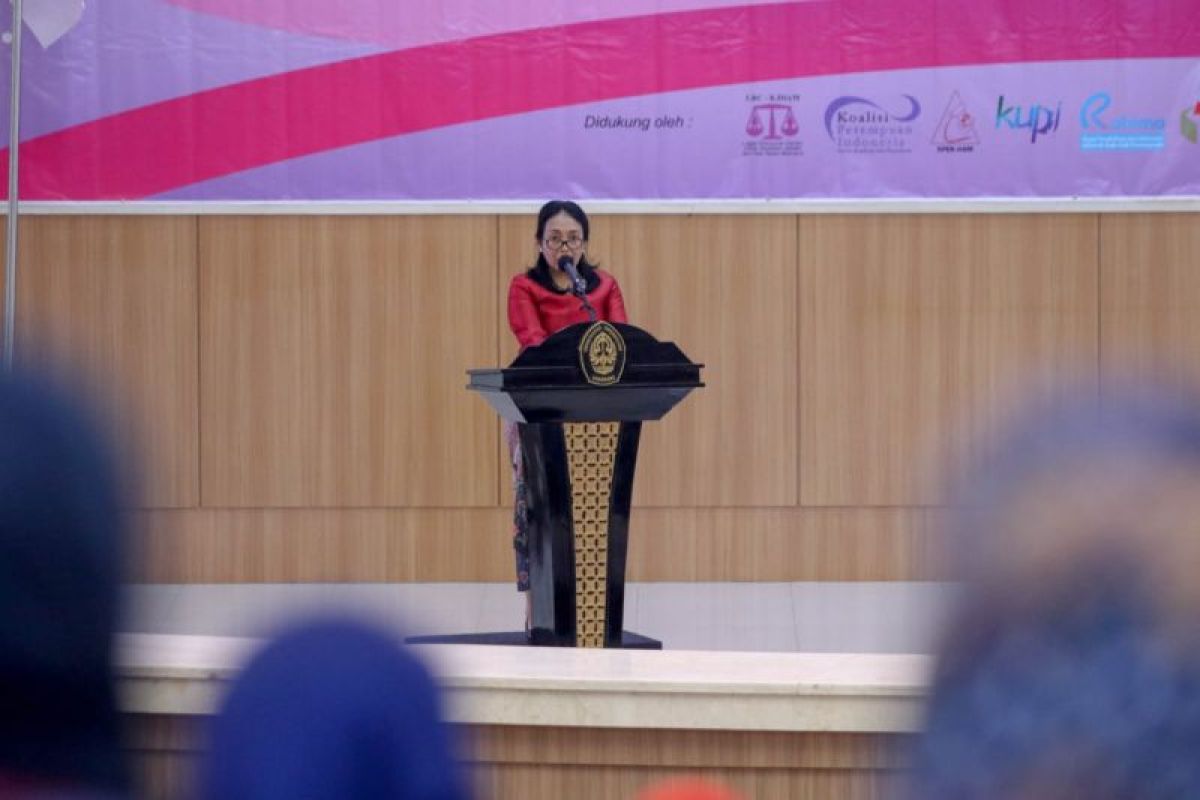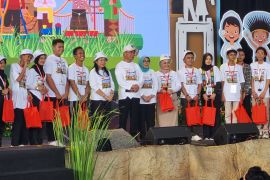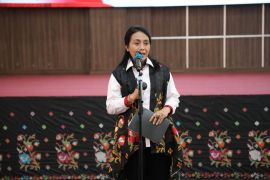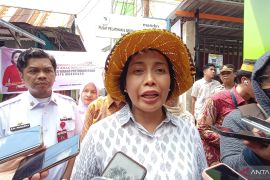"Inclusive development is needed to end various forms of inequality in society, including gender inequality. In order to achieve inclusive development, the implementation of women's leadership must be encouraged," she stated in Jakarta on Friday.
According to the minister, women are the pillars of national development that should be included in the decision-making process. Hence, women should be involved in policy formulation and have access to control its implementation.
"Women need to be encouraged and given support to make changes and improvements within the family and in society," Puspayoga emphasized.
Although the number of women's representation in parliament has increased, she noted that the percentage had yet to reach the target of 30 percent.
She highlighted that based on Statistics Indonesia (BPS) data on the 2021 Women’s Participation Rate in Parliament, out of 34 provinces, only Central Kalimantan had succeeded in exceeding this target.
At the national level, the number of women's representation in the Indonesian House of Representatives (DPR RI) in the last three periods has fluctuated and has never reached the expected minimum percentage, with 17.9 percent in the 2009-2014 period, 17.3 percent in the 2014-2019 period, and 20.5 percent in the 2019-2024 period.
Currently, the number of female regional heads with terms of office until 2023 and 2024 only amounted to 24 people, or four percent, the minister stated.
Moreover, based on the results of the 2022 Regional Innovation Index, of the 24 female regional heads, five regions have a very innovative rating, 17 have an innovative rating, and two regions have a less innovative rating.
Puspayoga said she is also committed to encouraging the two regional heads, with the reputation of being less innovative, to take corrective steps in future.
"Let us create a safe and comfortable space for women to develop themselves and let them gain as much knowledge as possible to become independent, tough, and empowered women," she stated.
Related news: BRIN conducts research on educational innovations by women leaders
Related news: More female ASN should occupy leadership positions: Minister
Translator: Anita Permata D, Resinta S
Editor: Rahmad Nasution
Copyright © ANTARA 2023












